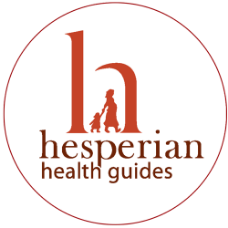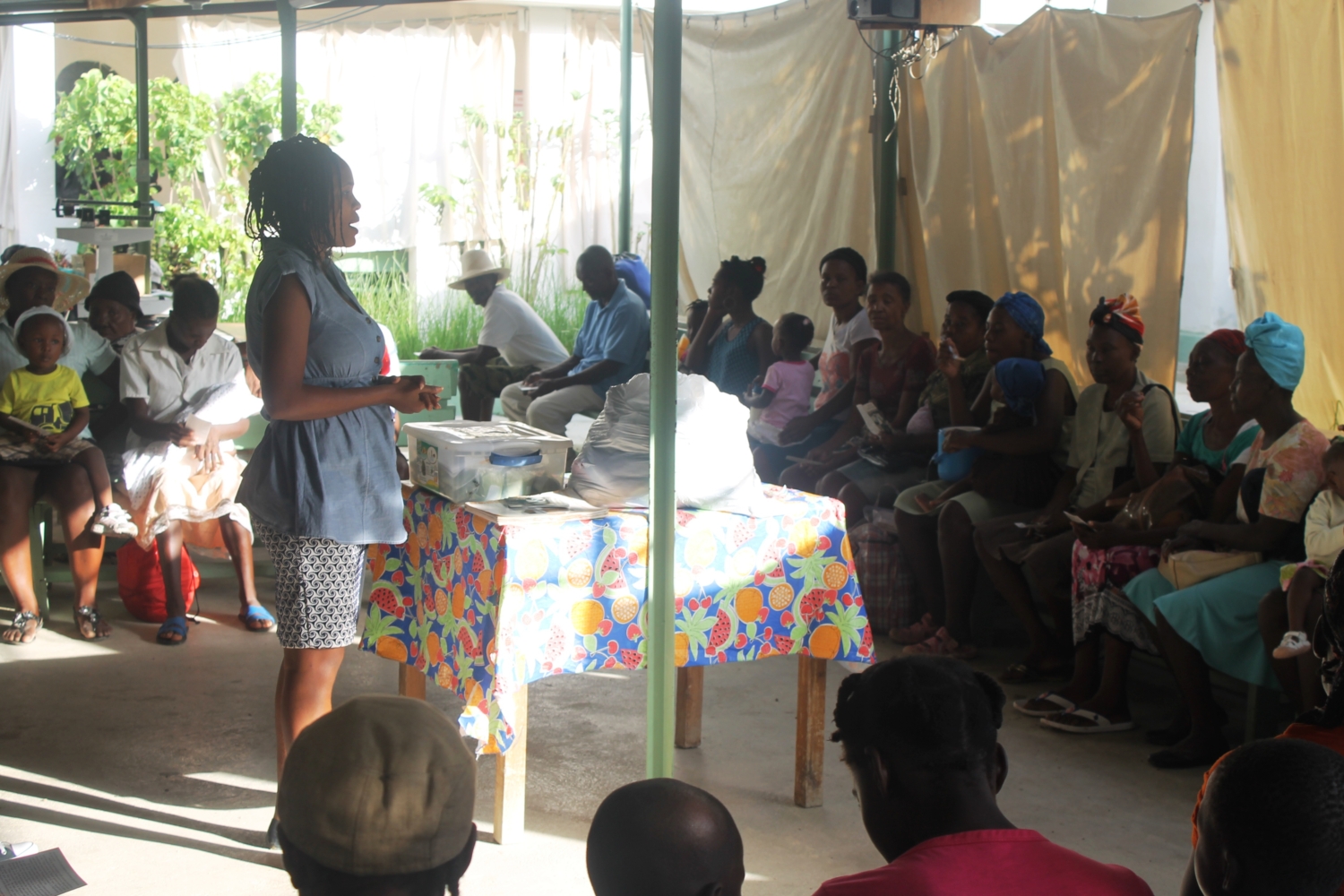Real Hope for Haiti, a faith-based clinic, has served the rural village of Cazale with the support of Hesperian books since 1998. We corresponded with Lori, the Director of the Clinic and Cholera Treatment Center to discuss how Hesperian resources have strengthened medical services and the community health work of the clinic.
Hesperian Health Guides (HHG): What populations does your clinic work with and what kind of health services do you provide?
At Real Hope For Haiti, we primarily serve all age groups, with a special focus on children and individuals in rural Haiti. Our target populations include vulnerable groups such as abandoned and malnourished children, pregnant women, those with chronic illnesses, the elderly, and individuals with wounds and emergencies.
Our clinic offers a comprehensive range of medical services, including primary care, maternal and child health, infectious disease treatment, emergency care, and specialized malnutrition care. We also provide laboratory services, pharmacy access, prenatal and postnatal care, and internal medicine. During cholera outbreaks, we run a 75 bed cholera treatment center.
We are grateful for our partnerships with like-minded organizations, including Hesperian. Their support and collaboration are invaluable as we strive to improve health outcomes in our community.
HHG: How did you come to know about Hesperian and our resources?
We first heard about Hesperian and their materials through other missionaries and humanitarian aid workers when we moved to Haiti in 1998. We began with “Where There’s No Doctor,” which quickly became a cornerstone in our clinic. As Hesperian published new books, we eagerly expanded our library, finding each addition invaluable. We are especially thankful for the translations done in Haitian Kreyol, which have improved the knowledge of our staff and significantly enhanced our ability to serve the community effectively.
HHG: How have you utilized Hesperian materials in your programming and work?
We have extensively used Hesperian materials, such as books, booklets, and images, across our various programs. In our clinic, malnutrition center, and cholera treatment center, we utilize this information for group teaching sessions with patients while they wait for consultations. We have also recorded the information into audio files to play for patients recovering in the cholera treatment center.
The materials have been invaluable for creating flyers, handouts, and posters that provide essential health information to our community. One-on-one training sessions with parents seeking health information also rely heavily on Hesperian resources. Our staff frequently refers to these materials to enhance their knowledge and educate the patients they serve.
We have used Hesperian materials to guide patient care, especially in treating individuals with limited resources and in emergency situations. Overall, these materials help us communicate clearly and effectively with our staff, patients, families, and the broader community, significantly increasing health literacy, preventing illness, improving health, and treating disease.
HHG: What value do our books and resources add to your work?
Hesperian materials are invaluable to us, our staff, and our patients. In rural Haiti, access to reliable health information is often limited and the available information can be doubted for various reasons. Hesperian excels at taking complex health topics and communicating them in an easily understandable manner. The books provide practical suggestions, creative tips, and relatable stories.
Having reliable, accurate, and down-to-earth information available in both English and Haitian Kreyol saves us research time and ensures that good information is communicated. Seeing Hesperian books on our shelves gives us a sense of security, knowing the information is at our fingertips in a way our staff and patients can easily understand. The relatable and practical drawings are also appreciated by many.
We greatly value Hesperian’s commitment to continually reaching more people with new information on diverse topics. We are especially excited about the upcoming mental health care book and will definitely be purchasing it as soon as it is available. We encourage you to prioritize a Haitian Kreyol translation, as there are many here suffering from anxiety, depression, and the impacts of gang violence and insecurity. Patients frequently share traumatic stories, and these experiences have left lasting marks. Hesperian’s solid, practical information is crucial for us to help those we serve achieve the best possible health given their circumstances.
HHG: Is there anything you’d like to share about the health challenges being faced by the communities you are serving amidst the civil unrest?
The ongoing civil unrest has brought severe health challenges to our communities. We are close to towns repeatedly attacked by gangs, forcing entire villages to flee multiple times. People often escape with nothing but the clothes on their backs, leaving behind medications and losing access to closed hospitals and clinics. Many are constantly on the move, causing their health to become a secondary priority as they focus on daily survival and finding food.
The instability and lack of safe housing have led to numerous injuries, including burns from unsafe cooking conditions and trauma from gang violence. We have treated many gunshot wounds, lacerations, and burns resulting from people fleeing in fear. The constant threat of violence and instability severely impacts the mental health of children and adults alike. Parents are deeply concerned about their children’s development and mental health, frequently encountering traumatic sights and situations.
Additionally, the disruption of stable housing interrupts medical care and follow-up, with patients often moving too far to reach our clinic. Many children are left in the care of elderly grandparents, struggling to provide for them amid the scarcity of food and rising transportation costs. The instability prevents families from selling their produce, further straining their ability to survive. Discouragement and hopelessness are pervasive, leading some to negative coping mechanisms like alcohol and drugs. Rape and domestic abuse are prevalent, but underreported because there is nothing that will be done.
In our many years of serving Haiti, this is the most challenging period we have witnessed, even compared to coups, hurricanes, floods, earthquakes, and cholera outbreaks. The lack of a clear solution and end to the gang violence leaves many without hope for the future. The mental health crisis is overwhelming, and we urge everyone to support Hesperian’s new mental health care project. This initiative will provide crucial knowledge and practical support to those in desperate need, offering hope to the beautiful, resilient people of Haiti and others in conflict zones worldwide. Everyone deserves the right to health and hope.
A warm thanks to Lori and the team at Real Hope for Haiti for their life-saving work and for taking the time to speak with us. Learn more about Real Hope for Haiti and support their work.



 Latino Health Access
Latino Health Access